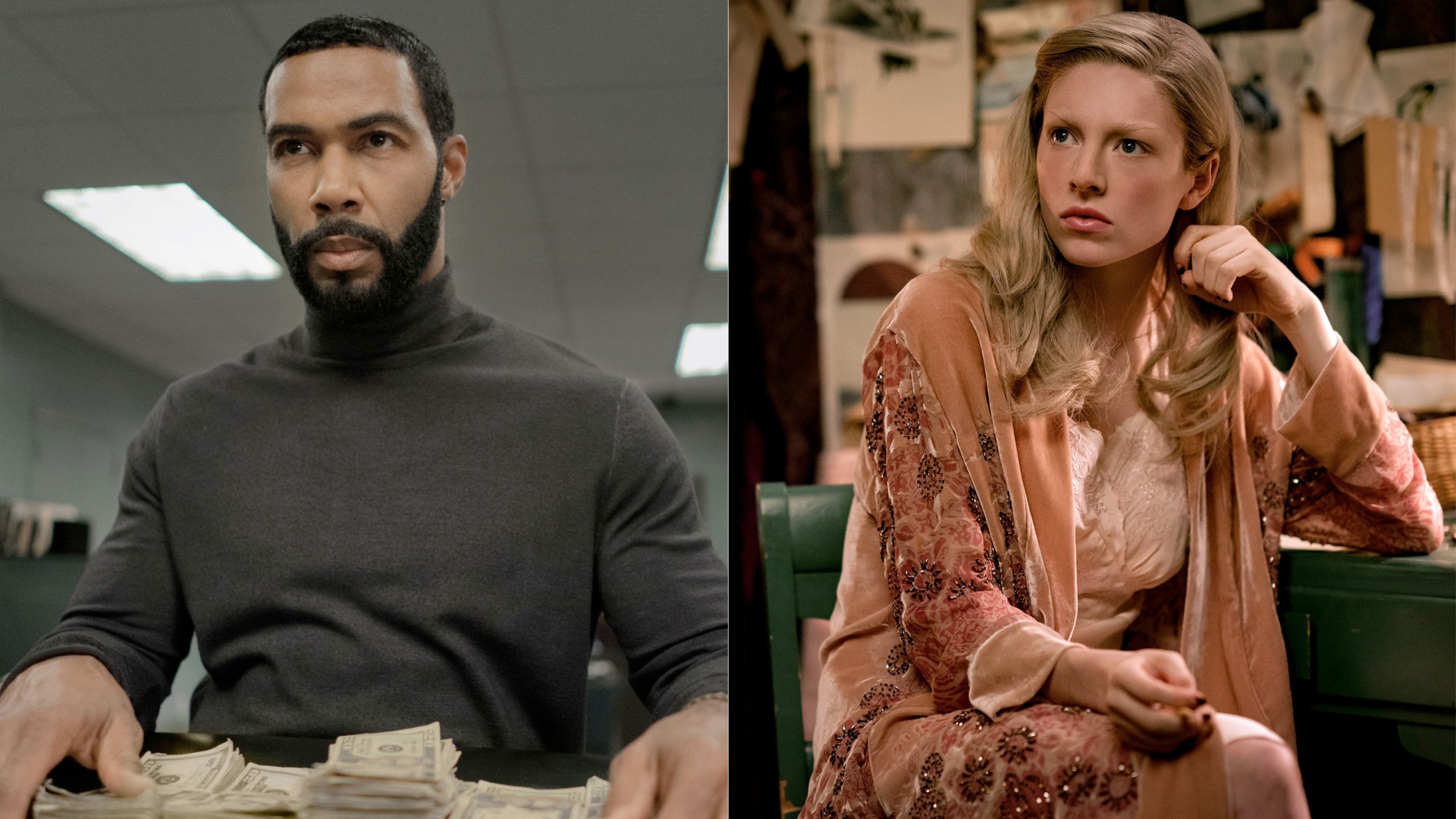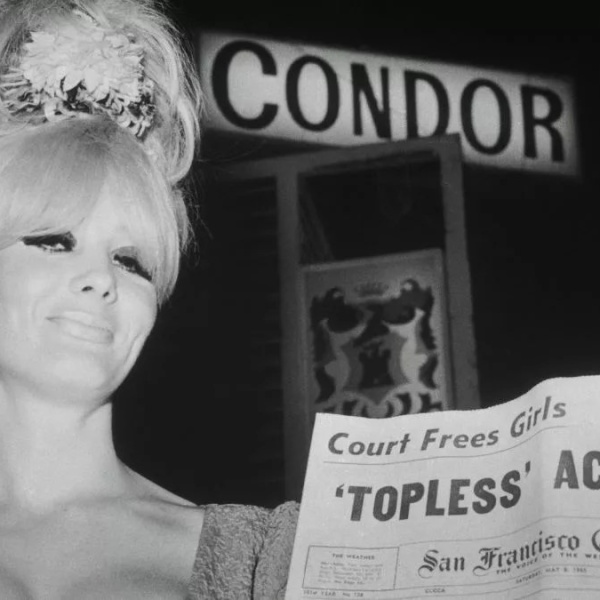It’s been more than two years since Lionsgate announced a potential spinoff of the Starz brand from its studio business. And it’s been nearly 14 months since the company realized the studio is where the money is and decided to sell that instead.
What changed? Well, for starters, on March 17, 2022 Amazon purchased MGM for $8.5 billion. Around the same time, Netflix executives were preparing to announce their first subscriber loss in a decade. Suddenly, streaming wasn’t invincible — and most of it wasn’t profitable.
Plus, frankly, no one wanted Starz — certainly not at Lionsgate’s internal valuation. There was a time when Starz’s 30 million global subscribers would be enticing enough to the grow-or-die streamers chasing Netflix. That ship sailed, along with Netflix’s perpetual user gains. (With its password-sharing crackdown and the addition of a cheap ad-supported tier, Netflix is growing just fine again these days.)
Fortunately, Lionsgate had one more trick up its sleeve in the continuing mission to unlock shareholder value. The “For Sale” sign is now planted in the Lionsgate lawn where the “Saw” and “Hunger Games” franchises play. “Power” and “Outlander,” you’re staying put.
Although the plan changed, the pace of this process decidedly did not. Several anticipated deadlines for the studio spinoff have come and gone. As one analyst told IndieWire for this story, everyone involved in the ongoing saga is “exhausted.” The spinoff is now expected to close by the beginning of spring. For real this time.
Wall Street is getting antsy. Analysts have based their Lionsgate price targets on the spin for a while now. In the words of Wells Fargo analyst Steven Cahall, it’s the “major catalyst” to his valuing Liongate stock 50 percent above the present per-share price. (Of course, percentage swings can appear huge when the starting point is like $9.)
Wells Fargo values Lionsgate the company at $13 per share, according to Cahall’s post-earnings note to clients (and obtained by IndieWire). Of those baker’s dozen bucks, $12 is for the studio and Starz is worth just $1 per share.
The bank’s bigger-picture valuation for the Lionsgate studio is $3.9 billion. It could fetch $5 billion at auction, an industry analyst told us, likely from big tech or a private equity firm looking to roll up several studios into one. MGM’s premium over the Lionsgate estimate represents the superiority of MGM’s library, as well as its own sale’s superior timing.

Like anyone facing surgery, we got a second opinion on the patient’s (financial) health.
Investment-banking boutique Rosenblatt Securities is a bit more bullish on Lionsgate’s value. Barton Crockett has Lionsgate at $17 per share, per his own note to his own clients (also obtained by IndieWire), a number he says could go up to $20 if the parts are properly valued.
There is reason for Crockett’s optimism. This summer, Lionsgate beat Wall Street’s estimates on key financial metrics, including revenue, earnings per share, and free cash flow. Even Starz had a nice quarter — the streaming-and-linear hybrid returned to domestic-subscriber growth with the addition of 200,000 U.S. subs from July to September. (It helped that “Outlander” Season 7 aired most of its episodes during the three-month period, which was Lionsgate’s second quarter of fiscal 2024.)
The quarter also included what Crockett called a “helpful clean-up” at Starz.
Starz announced it was exiting the UK, where it is losing money. Additionally, 10 percent of Starz staffers were laid off as part of a reorganization. Consider the ducks in a row — everyone ready to move this along? Oh right, still no.
Now what are we waiting for?!? The answer, unofficially, is for Lionsgate’s pending acquisition of eOne, which is expected to close by the end of December.
Oh, did you miss that wrinkle? Strangely, amid all of these attempts to sell… something… anything… Lionsgate agreed to purchase Entertainment One from Hasbro for $500 million. It’s a weird time for the seller to become a buyer, for sure, though it does fatten up the Lionsgate portfolio for its own M&A feast.





